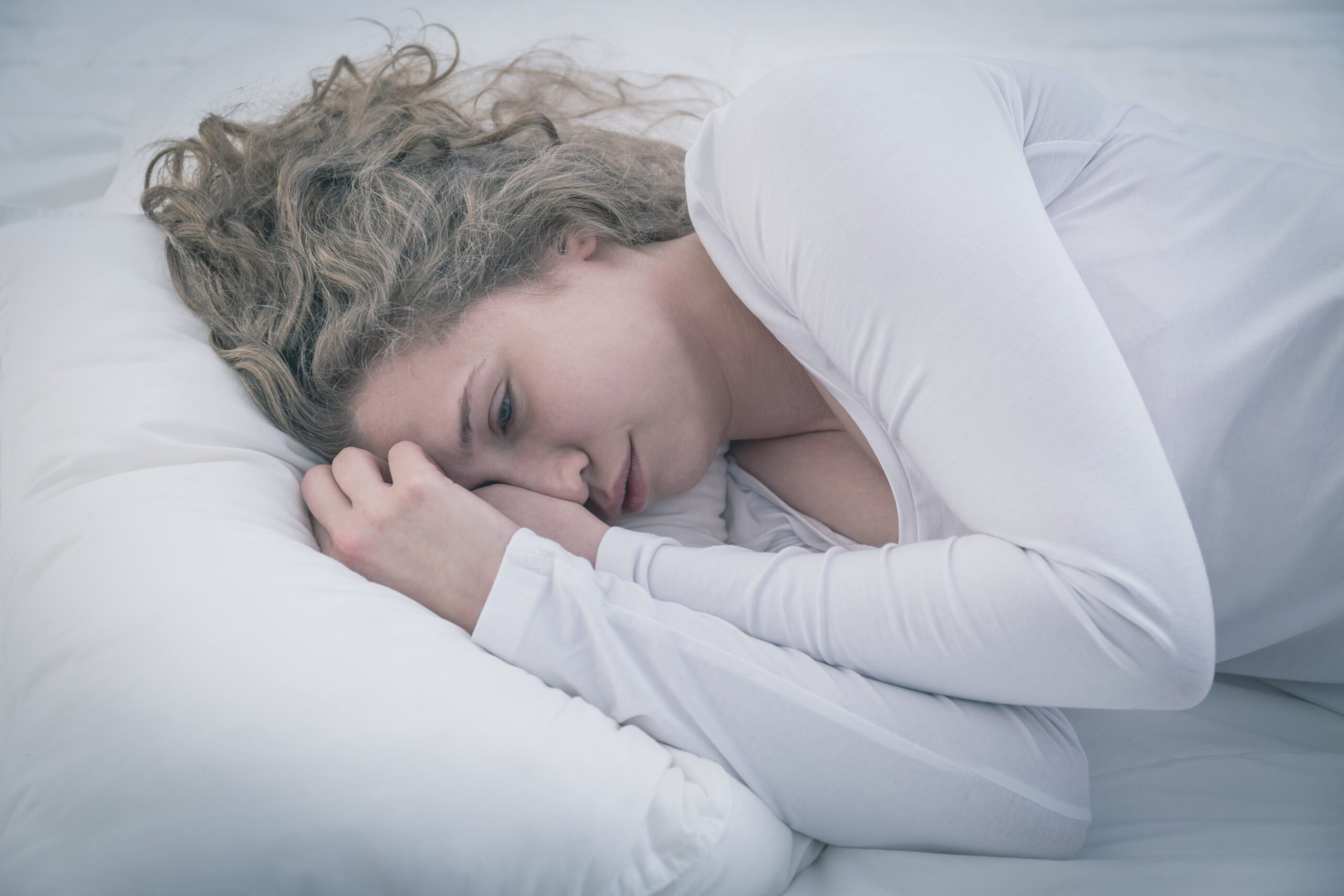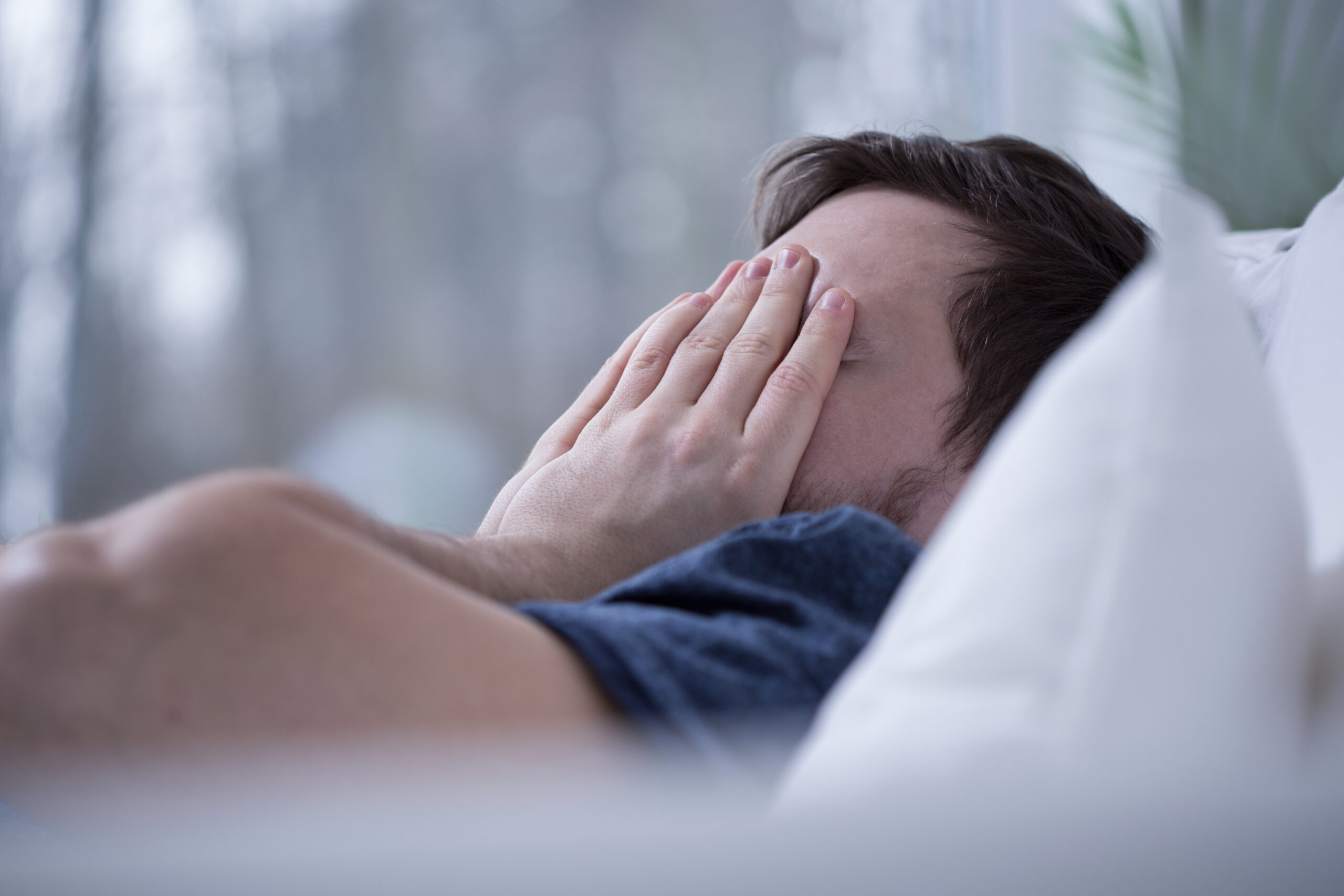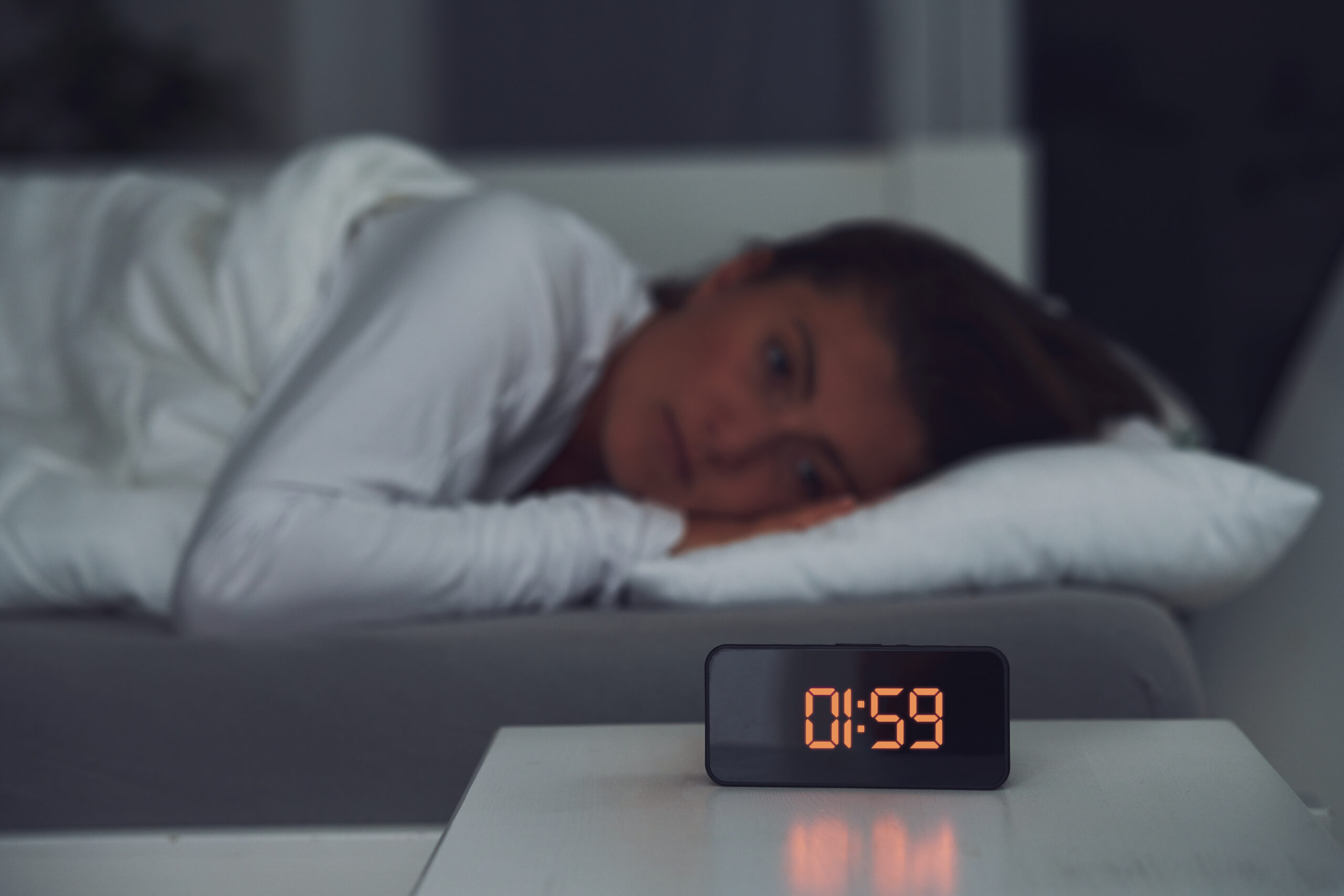
What is the problem?
Sleep problems most often haunt those who have returned from the war. According to research by Canadian psychiatrists, 68% of veterans of armed conflicts have problems sleeping, and 88% cannot sleep properly due to nightmares. In turn, Ukrainian experts note that when Ukrainian soldiers are on rotation or at home on vacation and have a bad night's sleep, they often underestimate this problem. Servicemembers and veterans let go of the situation or remedy themselves with sleeping pills without a prescription. But this only deepens the issue.
What is the solution?
The war makes it difficult to follow the usual rules of sleep. At the same time, today, sleep and stress are the most frequent issues with which military and civilian people turn to psychologists and psychotherapists. Ignoring sleep problems affects the body's health, functionality, and general condition. Therefore, even during war and acute stress factors, the impact of which is especially felt by the military, it is vital to establish a healthy sleep. Experts — neuropsychologist Viktoriia Yakovenko and psychologist in the сognitive behavioral therapy method of the NGO Free Choice Olena Siguta explained to Rubryka how to help restore regular sleep.

A Ukrainian soldier sleeps in an infantry fighting vehicle in the frontline positions in the Kharkiv region. Ukraine, April 20, 2022. Photo: Radio Liberty
How does it work?
How sleep and stress are related
In simple terms, sleep is a special state of consciousness and a natural physiological process characterized by a reduced response to the surrounding world and specific brain activity. That is, sleep is a physiological human need, similar to hunger or thirst.
In turn, stress is a state of psychological and physical tension in response to external influences. Complex situations, monotonous activities, and emotional factors can cause it. Stress helps to adapt to a changing environment but can cause negative health consequences.
Sleep is necessary for the rest of the nervous system, processing and memorizing information. Sleep, in turn, is needed to restore nutrients. It follows from this that to reduce stress's impact on the body, one needs to sleep. On the other hand, severe and prolonged stress leads to sleep disturbances. Prolonged deprivation (unsatisfied need) of sleep can lead to severe consequences in the body.
Many sleep disorders are accompanied by insomnia and pathological daytime sleepiness (PDS). Insomnia is a disturbance in falling asleep and staying asleep, waking up early, or feeling dissatisfied with sleep. What are the reasons for insomnia?

Illustrative photo.
"The main reason is hyperactivation, increased activity of the brain's activating systems," explains neuropsychologist Victoria Yakovenko. At the moment, science has discovered several of them. Each activating system has its own neurotransmitter. That is, a specific brain chemical is involved in the work of a particular system. Some systems work on acetylcholine; others are histaminergic systems where serotonin and dopamine are involved in the activation. There is also a universal excitatory amino acid — glutamate.
The role of these activating systems:
- to constantly excite the cerebral cortex;
- to provide an opportunity for active thinking activity.
These systems interact with each other and with sleep centers. When one or more of them work with excessive activity at once, the typical alternation of sleep and wakefulness is disturbed. As a result, a person may start suffering from insomnia and have difficulty falling asleep — sleep becomes superficial. The patients often voice the following complaints:
- I am not sleeping;
- I can't fall asleep for hours;
- I sleep and hear everything;
- I wake up early;
- I wake up at night;
- I have nightmares;
- I can't wake up, etc.
Most often, anxiety is the cause of such hyperactivation
Currently, Ukrainians are in a situation of prolonged long-term stress. Its impact on everyone is very individual. This is determined by the individual's ability to adapt and depends on many external and internal factors.
Ignoring sleep problems leads to increased stress, the neuropsychologist emphasizes. Long-term sleep deprivation adversely affects health, mediating an increased risk of hypertension, diabetes, obesity, cardiovascular disease, and stroke, problems with memory and attention, leading to problems at work, road accidents, as well as errors in the performance of household and professional tasks. Sleep disturbances generally lead to low energy levels, increased fatigue, muscle weakness, irritability, decreased daytime activity, and difficulty concentrating.

Illustrative photo.
When is it time to go to specialists?
Neuropsychologist Yakovenko advises that if you have a persistent sleep disorder, that is, you cannot fall asleep three to six times a week, you wake up in the morning with a feeling of fatigue, you sleep less than three or four hours, and this lasts from four weeks to three months, there are noticeable problems with daytime activity and performance of tasks — it is advisable to contact the following specialists:
- neurologist;
- psychiatrist;
- somnologist;
- psychologist;
- psychotherapist.
The expert explains that it must be done in this order because of the need to rule out serious diseases. Only taking pills will not solve the problem with sleep in the long term because the cause of sleep disturbances is a complex problem and should be solved comprehensively with a multidisciplinary team.
"In my practice, I always refer people with similar questions to the above medical professionals, especially in cases of people rehabilitating after wounds, illnesses, and injuries. In such cases, the work is carried out in close connection with doctors. Sleep is an integral component of successful rehabilitation. Exhausted by insomnia, the nervous system cannot renew itself," emphasizes Yakovenko.
What are the military's main complaints?
"If we talk about the difference between sleep disorders in military and civilians, then we can note the difference in the genesis of development caused by the situation in which a person is," says Yakovenko. The consequences appear almost identically, but most often, military personnel complain about obsessive thoughts and images. They come at the moment of falling asleep and prevent falling asleep. They also complain about the impossibility of "stopping the brain," a state when one thought comes after another, rethinking the past day. The main complaint is nightmares.

A Ukrainian soldier sleeps in a shelter at one of the bases in the center of Bakhmut, the Donetsk region, December 2022. Photo: Taras Ibragimov/Suspilne
At the same time, Olena Siguta, a psychologist in the CPT method of the NGO Free Choice, who works with military personnel and veterans, draws attention to the fact that if the main problem is scary dreams, then one should seek help from a psychologist working in a trauma-focused approach. This means that a person probably experienced some traumatic event that their brain has not yet dealt with and needs support. If one's sleep is too long, paying attention to the condition during the last two to four weeks is advisable. If a person experiences decreased general activity and can't do anything, their mood is consistently bad, and there is irritation, this can also be a symptom of depression, which in turn needs to be treated by a psychotherapist or a psychiatrist.
The following also have a direct effect on sleep:
- obstructive sleep apnea syndrome or snoring;
- medicines, including painkillers, antidepressants, hypnotics and anticonvulsants;
- bed and pillows;
- brain injury.
Why do sleeping pills not work?
According to Yakovenko, they work when the cause of sleep disturbance is identified. Sleeping pills do not solve the cause of insomnia — they relieve the symptom, which is the lack of sleep. By the way, drugs used to improve the sleep process include not only sleeping pills but also drugs from other groups. The complex of taking drugs and improving sleep together with specialists is the key to success.
It is essential to understand that sleeping pills are recommended only if a quick result is needed and even in the presence of such disorders as pathological drowsiness and increased fatigue. At the same time, the expert emphasizes that in most cases, sleeping pills should not be used for a long time.
What to do when you can't sleep
The first and most important thing is to observe sleep hygiene. The second is to investigate together with specialists what is the cause of the disturbance: anxiety, stress, depression, post-traumatic stress disorder, or any other problems.
Below, Rubryka has collected advice from Victoria Yakovenko and Olena Siguta.
General recommendations:
- Follow the sleep schedule (going to bed and getting up always at the same time from 10:00 p.m. to 7:00 a.m.). The whole family should follow the sleep regime.
- Go on walks
- Positive thinking — try not to scroll through bad scenarios in your head.
- Physical activity.
- Do not use gadgets two hours before bedtime.
- Use the bed only for sleep and sex.
- If you can't fall asleep after 20 minutes, get out of bed and return only when you feel drowsy. Leave the bed and sit on a chair, armchair, or sofa, read a book, or engage in other not-very-active activities. This is necessary so that the brain does not perceive the bed as a place of unpleasant struggle for sleep.
- Do not nap during the day.
- Go to bed only when sleepy (not just lazy or tired).
- In case of persistent sleep disturbance, seek help from specialists.

Illustrative photo.
What can be done before going to bed:
- Take a warm shower, then don't use a towel for a few minutes to let the body cool down a little. Then dry off, put on pajamas, and wrap yourself in a blanket in bed. After cooling down, the body will warm up, slowly relax, and receive a signal that everything is fine and you can fall asleep.
- Read a light book, but not a detective story with an exciting plot.
- Drink warm water in slow sips. It relaxes the nervous system and helps to remove stress hormones.
- Ventilate the room. The optimal temperature for sleep is 16-18 degrees.
What can be done while already in bed:
- Breathe deeply, slowly, using diaphragmatic breathing.
- When breathing, focus on the very act of breathing. For example, put your hand on your stomach and mentally observe its movement without concentrating on the thoughts in your head.
- You can tense and relax the body's muscles for five minutes, not forgetting to breathe. When the body relaxes after stress, the brain falls asleep.
Even more useful solutions!
It is worth remembering that sleep can be disturbed by certain behaviors:
- physical or mental activity late at night (exercise at night an hour before bedtime, reading news, scientific articles, watching exciting TV programs, etc.);
- consumption of caffeinated beverages before bedtime or after 4:00 p.m.;
- taking drugs that stimulate the nervous system;
- consumption of heavy food at night or large amounts of food at night;
- daytime sleep.
Some external factors also disrupt sleep:
- bright light;
- light coming from gadgets (telephone, TV, neon lights);
- loud sounds.
Processes supporting the disorder:
- It is not recommended to perform intensive physical exercises four hours before bedtime.
- Painkillers can make you drowsy, but they can also negatively affect your sleep cycles.
- Drinking alcohol before bed can make you sleepy and relaxed, but over time, its metabolism leads to restlessness and sleep disturbances.
- Avoiding any caffeine (coffee, energy drinks) after lunch is recommended.
- Although smoking can be relaxing, nicotine only relieves withdrawal symptoms. It is recommended to avoid taking nicotine within two hours before going to bed and not to smoke while waking up at night.
- Falling asleep slows digestion, so only a light snack is recommended a few hours before bedtime.
What helps to fall asleep or create conditions for falling asleep:
- dimmed light;
- opaque curtains that do not allow light from the street to penetrate;
- relaxing background music.
What actions during the day can help normalize sleep:
- regular meditations;
- regular physical activity;
- water drinking regime and healthy food regime.
Sleep regulation is an individual process for each person, and any work with the nervous system has personal terms of success. It is useful to be systematic and be patient.






